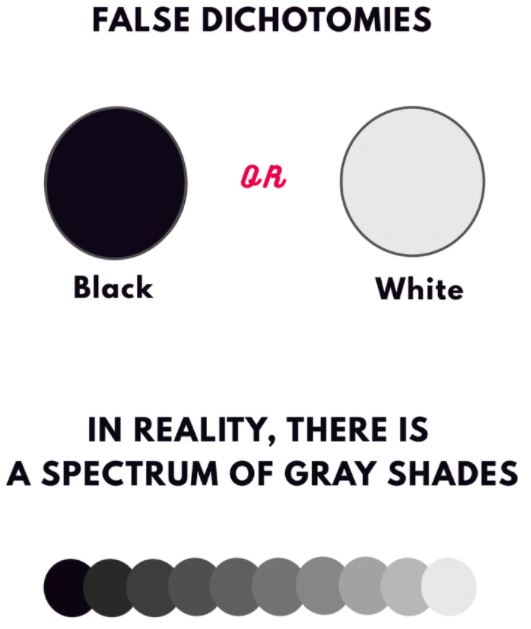
FSM Friends’ News and Articles
Neurological manifestations of COVID-19: “Some researchers are warning, that the damage caused to the brain from severe COVID-19 might have long term effects that are not recognized for years. Ischemic and inflammatory damage to brain cells may accelerate degenerative processes, increasing the risk of developing degenerative brain disease (like Alzheimer’s disease) years down the road.”
Anti-vax quack tycoon Joe Mercola profits selling COVID-19 disinformation: “Joe Mercola is a physician whose nearly quarter-century of promoting quackery and anti-vaccine misinformation has garnered him a net worth north of $100 million. It is therefore not surprising that in the age of the pandemic, he has pivoted to fatten his bottom line promoting misinformation and conspiracy theories about COVID-19 and the COVID-19 vaccines.”
General
Should I wait for Pfizer? The case for AstraZeneca – now: “Do not wait for Pfizer if the AstraZeneca vaccine is available to you. The most common question health professionals are being asked at the moment: “What should I do about a vaccine?” Below, leading doctors from across the country present the case for all eligible Australians to seek vaccination as soon as possible.”
Putting risk into perspective. Fight fear with fact and get vaxxed. Want to check our facts? Discourse about the risks of vaccines often happens in a vacuum, with no practical comparison to other risks that people are quite happy to accept. Here is a light hearted comparison of the AZ vaccine to other everyday risks. While one should be sceptical of some of the numbers quoted, the comparisons do give some perspective on magnitude of risk.
P.S. note that some of these risks are likely to be population lifetime risks, i.e. the mentioned risk of 1:100,000 for dancing would indicate 1 in 100,000 people will experience death while dancing over the course of their lives, NOT that this is a cumulative risk for every instance in which a person goes dancing.
COVID-19 false dichotomies and a comprehensive review of the evidence regarding public health, COVID-19 symptomatology, SARS-CoV-2 transmission, mask wearing, and reinfection: Overstated and poor-quality science is harmful and misinforms public health response and policy. In light of the challenges surrounding the science-policy interface for COVID-19, we caution against black-or-white messaging, all-or-nothing guidance, and one-size-fits-all approaches. Subtleties and uncertainties should not be portrayed as enemies but as allies of transparent and accurate messaging, health literacy, critical thinking, and credibility and legitimacy of health authorities. Continued efforts in countering misinformation and disinformation and promoting accuracy in social and mass media are needed.
Public health thrives by providing nuanced guidance that reflects trade-offs and uncertainty, while engaging the public in policy decisions. Culturally appropriate public health communication, science-informed tailored policies, and health journalism that reckon with shades of gray, uncertainties, local contexts, and social determinants are long overdue. As evidence continues to accrue at an unparalleled pace, our understanding of SARS-CoV-2 and COVID-19 evolves allowing policy amendments.
Younger adults can get very sick and die from COVID-19 too. Here’s what the data tell us: The new Delta strain, as well as an increasingly vaccinated older population, has lead to an increase in young people hospitalised with COVID-19. While people under 40 are less likely to die or require ventilation than older groups, they are more likely to be exposed to the virus and become infected. These findings highlight the importance of vaccinating young people, even those not at risk of serious illness, to combating this pandemic.
Today’s Abused Health Concept
False Dichotomies. In reality there is a spectrum of gray shades: Arguing via black and white dichotomies can make it easy recruit political support and to malign persons that disagree with one’s preferences. Such approaches are incredibly common in debates about COVID-19 management. However such approaches often result in the spread of cherry picked misinformation, and in objectively worse decision making. Good policy making does not fall for such false dichotomies, and neither should we.
“In this comprehensive narrative review, we deconstruct six common COVID-19 false dichotomies, address the evidence on these topics, identify insights relevant to effective pandemic responses, and highlight knowledge gaps and uncertainties.”
(1) Health and lives vs. economy and livelihoods.
(2) Indefinite lockdown vs. unlimited reopening.
(3) Symptomatic vs. asymptomatic severe acute respiratory syndrome coronavirus 2 (SARS-CoV-2) infection.
(4) Droplet vs. aerosol transmission of SARS-CoV-2.
(5) Masks for all vs. no masking.
(6) SARS-CoV-2 reinfection vs. no reinfection.